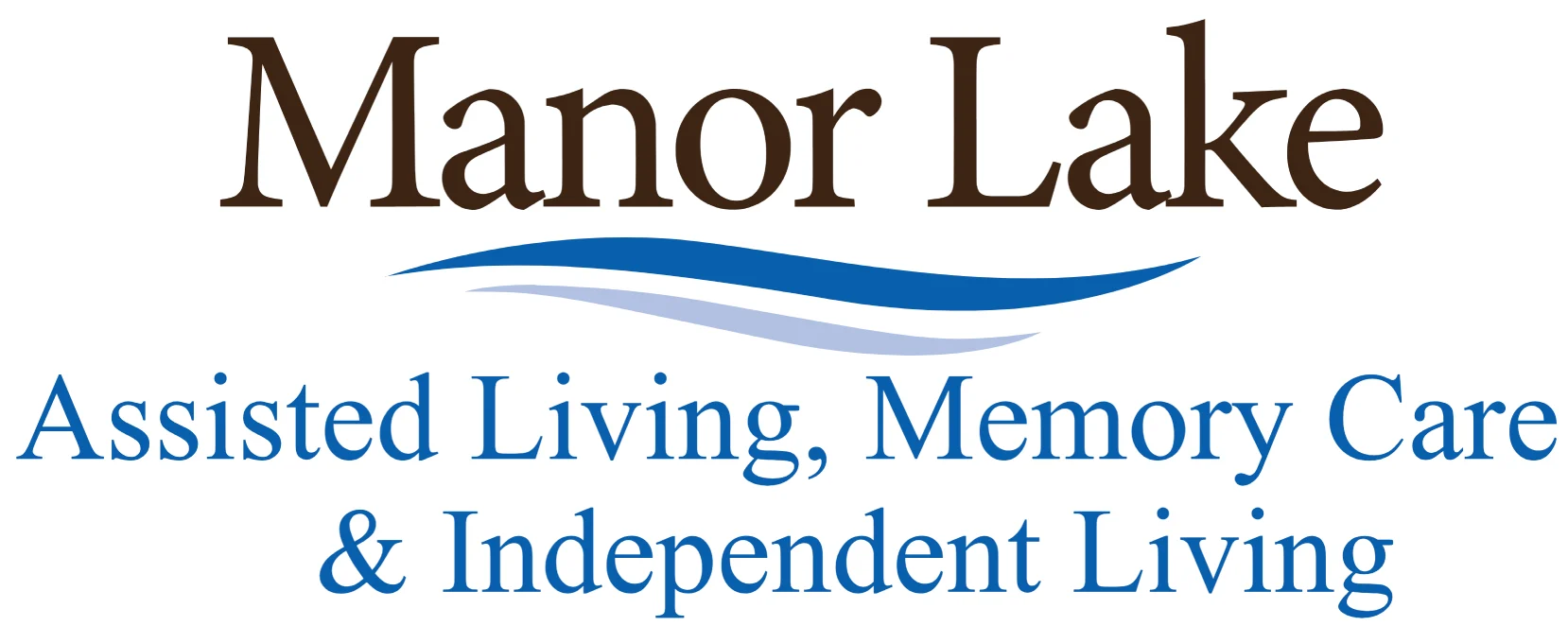
We’d like to share some keen insight regarding the subject of napping and how some scientists conclude that napping can help boost cognition. It is a professional obligation for the staff here at Manor Lake Assisted Living & Memory Care (Cartersville) to exercise continuing education on the subjects of professional assisted living care services and professional memory care services, and continuing education for you at-home caregivers as well!
If you think naptime is for toddlers, think again. One study performed on a group of approximately 3,000 people ages 65 and older indicated that 60% of participants take a midday nap after lunch time. While in the past some scientists have advised against sleeping during the day, new research suggests napping can help boost our cognition. It turns out that a quick cat nap can benefit the brain, helping to improve learning and memory formation, regulate emotions and, finally, reduce grogginess.
But before you hit the hay during the day, there are a few things to consider. Not all naps are created equal, but there are ways you can help optimize your naptime.
Give In to the Nap
A typical circadian rhythm is programmed to help us stay wakeful during the daylight hours and gradually become sleepy at night. But feeling tired during the day doesn’t necessarily mean that your circadian rhythm is off. In fact, it’s common to have a bout of sleepiness in the mid-afternoon.
How to conquer that midday hump? One study gave participants three options for soothing their daytime sleepiness: getting more sleep at night, using caffeine or taking a nap. The most effective solution was the nap.
How to Nap Effectively
A nap may help to reduce sleepiness and increase your brain function, but only if you do it right. You can help maximize your naptime by following these tips:
Keep Naps Brief
In one study, researchers found that older adults who napped for 30 to 90 minutes demonstrated more signs of good cognition, from better word recall to improved figure drawing. However, those who napped for longer than 90 minutes didn’t show the same benefits.
Sleeping for too long during the day can backfire, increasing grogginess rather than making you feel more rested. According to the Sleep Foundation, the optimum nap time is 10 to 20 minutes, although some scientists suggest that naps up to 40 minutes can be restorative. While everybody’s sleep needs are different, the principle remains the same: the ideal nap lasts just long enough for your brain to get quality rest, but is short enough to avoid deep sleep cycles that can make you feel more tired.
Nap Early
While a nap can be refreshing, it can also make it harder to fall asleep at night if taken too late in the day. According to the Mayo Clinic, napping before 3 p.m. may help prevent interference with your nighttime snooze.
Of course, everyone’s sleep schedules are different, and older adults in particular may go to bed earlier in the evening (that’s because our circadian rhythms change as we age). With that in mind, 3 p.m. may not be the ideal time for you. The Sleep Foundation recommends timing your nap around the halfway point between the time you wake up and the time you go to sleep.
Keep Your Nighttime Sleep Regular
Your nighttime sleep quality is an important factor in daytime naps. A regular sleep schedule at night can be balanced with short, refreshing naps during the day. But if you’re struggling with lengthy bouts of sleep during waking hours, naps may not be the best solution.
Consider why you’re napping. Is it because you’re not getting enough rest at night? Lengthy daytime naps may be an indicator of poor nighttime sleep, and in older adults, long naps have been linked with an increased risk for diabetes, heart disease and depression.
If difficulty sleeping through the night is the cause of your midday snooze, it may help to follow tips to get better nighttime sleep. And if you’re like many older adults who struggle with insomnia, you may want to avoid naps altogether, as they can interfere with nighttime sleep.
All of us share common goals here at Manor Lake Assisted Living and Memory Care. One of those goals is to continually educate the general public about a wide range of topics designed to enhance the quality of care provided to our local seniors. We hope today’s blog post on napping contributed to that.
